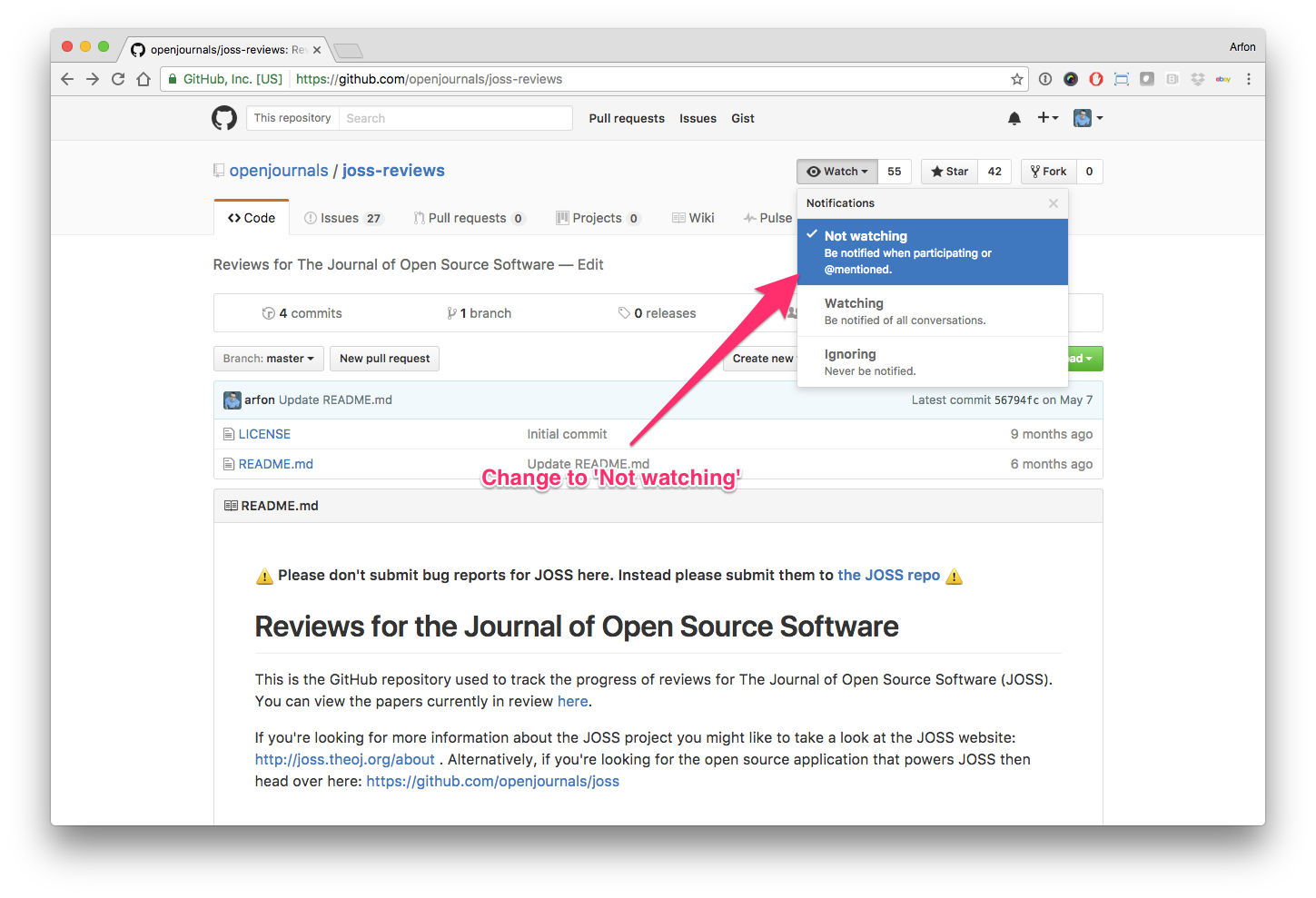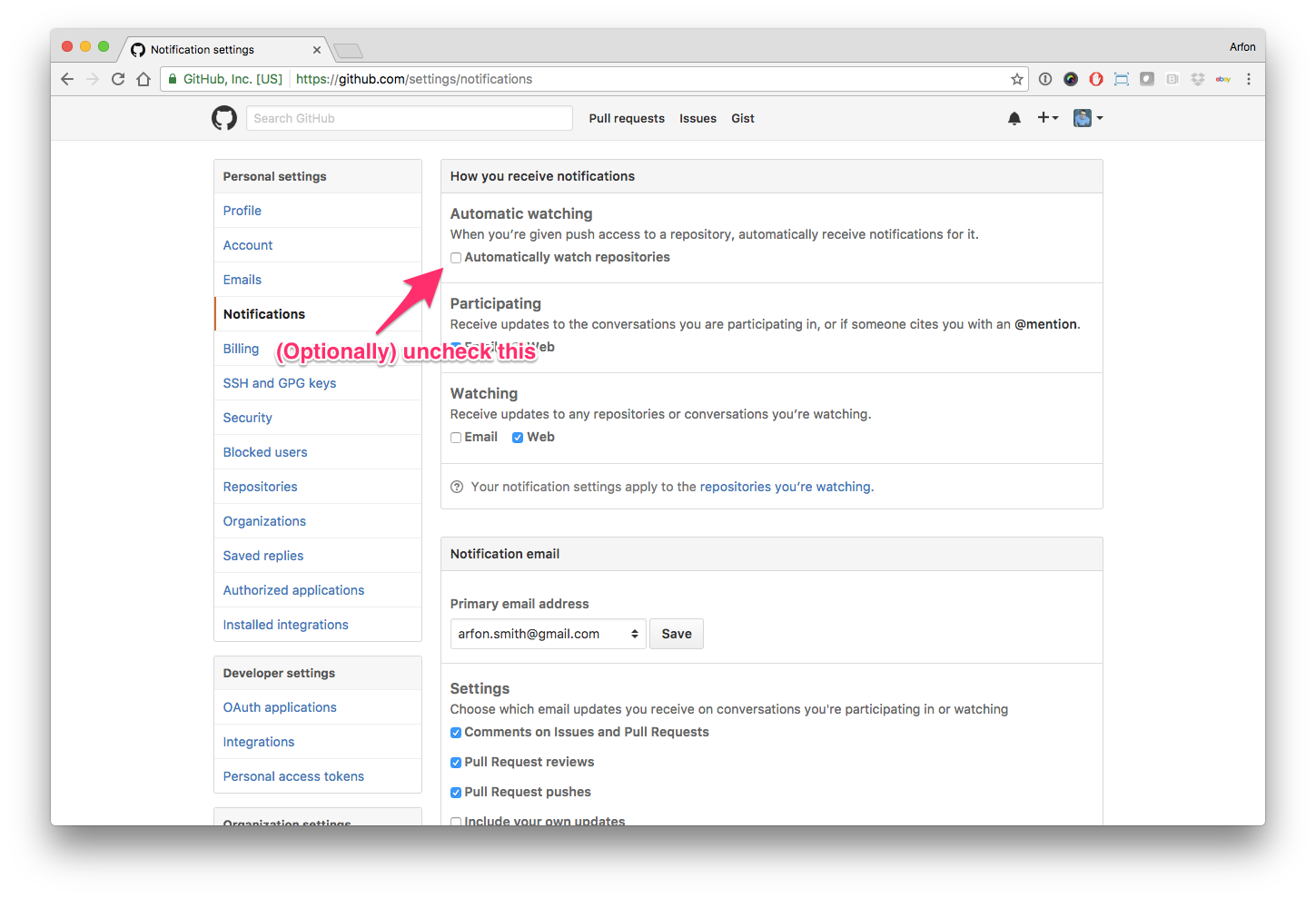Join GitHub today
GitHub is home to over 50 million developers working together to host and review code, manage projects, and build software together.
Sign up[REVIEW]: DVRlib: A C++ library for geometric mesh improvement using Directional Vertex Relaxation #2372
Comments
|
Hello human, I'm @whedon, a robot that can help you with some common editorial tasks. @hugoledoux, @jhale, @jonwong12 it looks like you're currently assigned to review this paper Due to the challenges of the COVID-19 pandemic, JOSS is currently operating in a "reduced service mode". You can read more about what that means in our blog post. If you haven't already, you should seriously consider unsubscribing from GitHub notifications for this (https://github.com/openjournals/joss-reviews) repository. As a reviewer, you're probably currently watching this repository which means for GitHub's default behaviour you will receive notifications (emails) for all reviews To fix this do the following two things:
For a list of things I can do to help you, just type: For example, to regenerate the paper pdf after making changes in the paper's md or bib files, type: |
|
@rram84 I am working on the review and I opened a few issues in your repository for the cmake dependencies (https://bitbucket.org/rram/dvrlib/issues/1/), and the fact that the unit tests are not compiling for me (https://bitbucket.org/rram/dvrlib/issues/2/). Also, I spotted a few typos and things that could be improved in the paper, simpler to just give you my handwritten notes: https://hugoledoux.stackstorage.com/s/2b4KXD6ZqeqfEHJ |
Community guidelinesWhile there is a section about contribution deep inside the docs (https://rram.bitbucket.io/dvr-docs/html/contributing.html), maybe better to add a file |
State of the fieldIn the paper, there is not really links to other similar software. Also, in the docs there is a nice summary of what your software is not, and that should be added I reckon.
|
@hugoledoux Thank you for taking up the review for this submission. |
|
@whedon generate pdf |
@hugoledoux The paper now cites the following softwares: I also cite:
|
I addressed these issues with changes to CMakeLists.txt and a more detailed set of instructions in README.md. Please see the comments under each issue.
Thank you for the notes. The paper and references have been revised. |
|
@whedon re-invite @jonwong12 as reviewer |
|
OK, the reviewer has been re-invited. @jonwong12 please accept the invite by clicking this link: https://github.com/openjournals/joss-reviews/invitations |


Submitting author: @rram84 (Ramsharan Rangarajan)
Repository: https://bitbucket.org/rram/dvrlib/src/joss/
Version: v1.0
Editor: @Kevin-Mattheus-Moerman
Reviewer: @hugoledoux, @jhale, @jonwong12
Archive: Pending
Due to the challenges of the COVID-19 pandemic, JOSS is currently operating in a "reduced service mode". You can read more about what that means in our blog post.
Status
Status badge code:
Reviewers and authors:
Please avoid lengthy details of difficulties in the review thread. Instead, please create a new issue in the target repository and link to those issues (especially acceptance-blockers) by leaving comments in the review thread below. (For completists: if the target issue tracker is also on GitHub, linking the review thread in the issue or vice versa will create corresponding breadcrumb trails in the link target.)
Reviewer instructions & questions
@hugoledoux & @jhale & @jonwong12, please carry out your review in this issue by updating the checklist below. If you cannot edit the checklist please:
The reviewer guidelines are available here: https://joss.readthedocs.io/en/latest/reviewer_guidelines.html. Any questions/concerns please let @Kevin-Mattheus-Moerman know.
Review checklist for @hugoledoux
Conflict of interest
Code of Conduct
General checks
Functionality
Documentation
Software paper
Review checklist for @jhale
Conflict of interest
Code of Conduct
General checks
Functionality
Documentation
Software paper
Review checklist for @jonwong12
Conflict of interest
Code of Conduct
General checks
Functionality
Documentation
Software paper